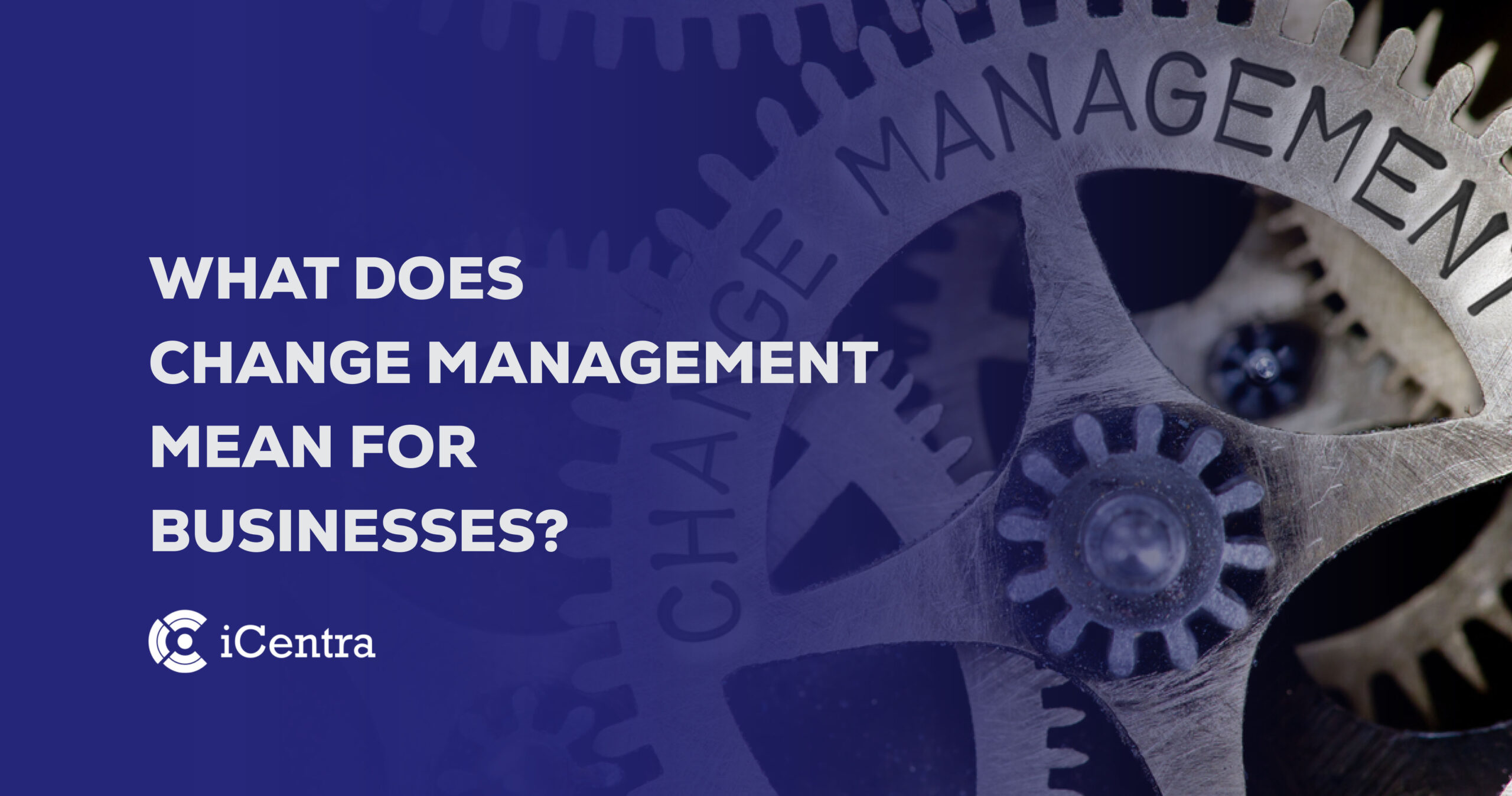As the ancient saying goes, change is the only constant quantity in life. The world and all its dynamics are continuously on the move, never at a standstill. In fact, observing the current rapid transformation in businesses – and life in general – goes further to validate that saying. Organizations are constantly innovating in order to hightail out of retrogression and stagnation, and keep towards advancement. It is also common that when organizations go through these change processes, the impact is immense. Unfortunately, the impact is not always positive, particularly in instances where change implementation is not managed correctly. Consequently, this heralds a chain of unsavoury events. Therefore, it is of great need to prepare so as to forestall these negatives. To achieve this, a good change management program is what is required. This then begs the question, ‘what is change management?’
Change management is a set of practices that organizations adopt in order to facilitate the seamless transition and transformation of goals, objectives, trajectories, processes, and operations.
Why Change Management?
Change management has as its main objective to increase the probability of success of change projects in organizations, resulting in improved outcomes, higher profits and ROIs. It provides a structured approach to supporting individuals in an organization to migrate from current states to their future states. It also seeks to promote a positive organizational climate even during the challenging periods of change.
In order to implement changes or smooth transition during mergers, acquisitions, or restructuring, it is important to effectively plan ahead and structure the whole project, while at it. Identifying the types of change you’re making to your firm is the first step in managing your personnel through change.
Let’s have a look at the types of organizational change management.
- Developmental change management – In this case, the organization develops a better business practice by enhancing existing skills, practices, approaches, and performance standards, or conditions. Developmental change is often easily implemented when employees are informed about changes and trained to understand and accept process improvements. Examples of developmental change are: Problem-solving initiatives, increasing sales or quality, team building, and redirecting marketing approach and advertising operations
- Transformational change management – This involves a simultaneous change in the company’s mission and strategy, as well as in areas such as the structure of teams or the business itself, in the performance of people or essential processes. Because of their larger scale, these changes often take a substantial amount of time and energy to effect. While not always the case, transformational changes are often pursued in response to external forces, such as the emergence of a strong new competitor or problems affecting a company’s supply chain, or when the company is about to assume a new market position.
- Transitional change management – An organization makes a transitional change when it replaces an old process or procedure with a new one. A manufacturing company, for example, might use automation to replace a manual production method. The organization must phase out the old process and apply the new procedure as part of the transformation. Building new products or providing new services to clients are examples of transitional transformation. Businesses make a transitional adjustment in order to achieve a certain aim, such as boosting income or reducing waste.
Change often takes longer than expected, especially when done with care, compassion, and transparency. There is no short fix – the only way to achieve true, long-term change is by helping your employees comprehend, commit to, accept, and embrace the change.
We have other resources to assist you in learning more about change management and how it can help you and your business succeed in times of challenges. If your organization is going through change processes and you would like some expert experience and involvement, you can count on our support to make this change assertively. Get in touch.
For more information about our services: Business Consulting | Technology Solutions | Project Management | Learning & Development
Please contact our global team;
Africa: +234 807 675 7797 | [email protected]
North America: +1 682 373 2737 | [email protected]
UK/Europe: +44 800 043 4946 | [email protected].




